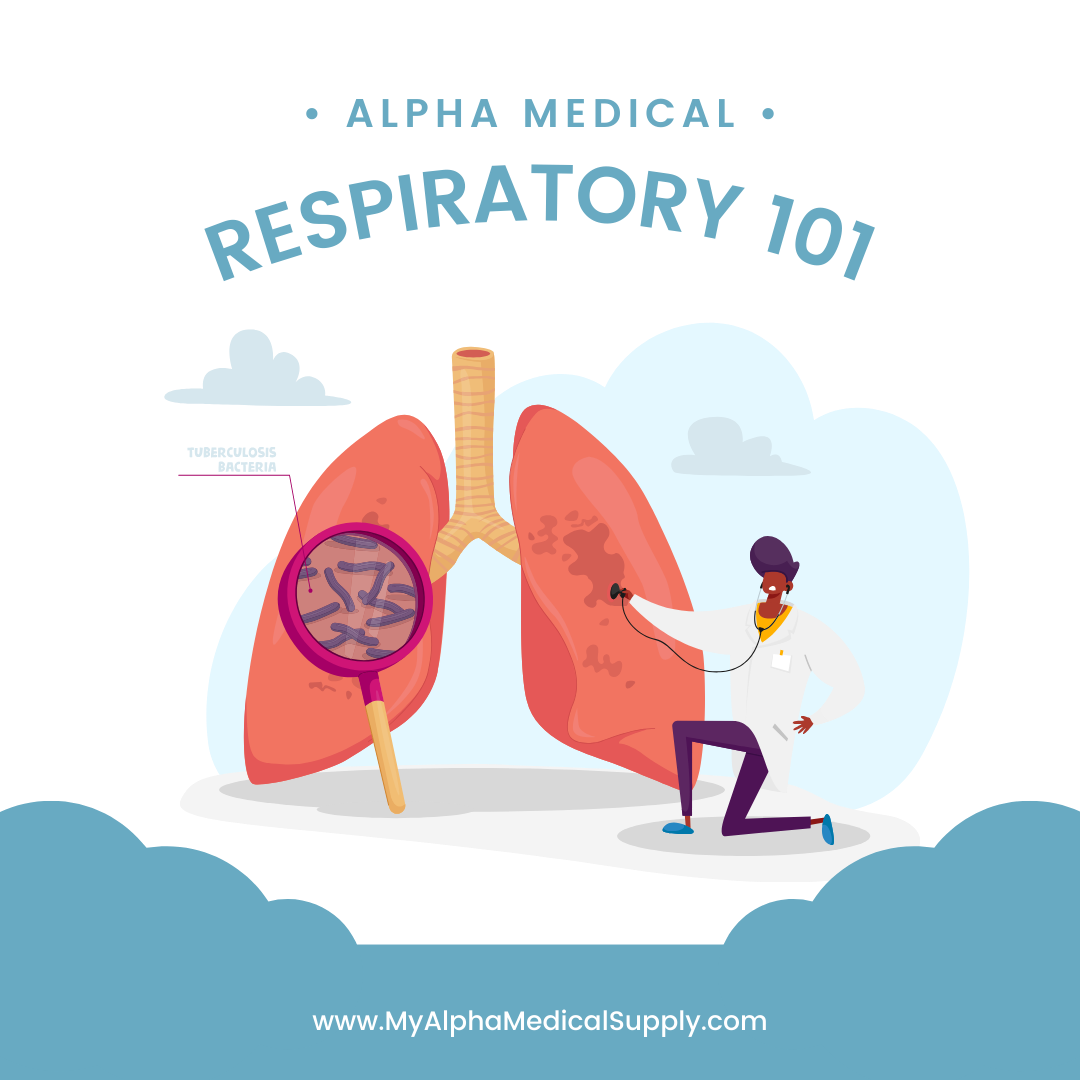In the realm of respiratory health, individuals grappling with asthma or allergies often seek effective solutions to manage their symptoms and enhance their overall well-being. Respiratory aids play a pivotal role in providing relief, with nebulizers and inhalers emerging as popular choices. In this comprehensive guide, we delve into the intricacies of these devices, exploring their functions, benefits, and the science behind their efficacy. Our primary source for this information is the Asthma and Allergy Foundations or journals dedicated to respiratory health.
Understanding Asthma and Allergies
Before delving into respiratory aids, it's crucial to comprehend the conditions they aim to address. Asthma and allergies are chronic respiratory conditions that can significantly impact an individual's quality of life. Asthma, characterized by inflammation and narrowing of the airways, results in symptoms like wheezing, shortness of breath, chest tightness, and coughing. Allergies, on the other hand, involve the immune system's hypersensitivity to certain substances, triggering symptoms like sneezing, congestion, and respiratory discomfort.
The Role of Nebulizers
Nebulizers are advanced respiratory devices designed to convert liquid medication into a fine mist that can be easily inhaled into the lungs. This method ensures the medication reaches the affected areas directly, offering rapid relief for individuals experiencing acute respiratory distress. The Asthma and Allergy Foundations highlight the effectiveness of nebulizers, particularly in delivering bronchodilators and anti-inflammatory medications directly to the source of the problem.
Advantages of Nebulizers:
-
Ease of Use: Nebulizers are user-friendly and particularly beneficial for children, elderly individuals, or those who may have difficulty using inhalers effectively.
-
Consistent Dosage: Nebulizers provide a consistent and measured dosage of medication, reducing the risk of under- or overdosing.
-
Ideal for Severe Cases: Individuals with severe respiratory conditions often find nebulizers more effective in managing acute symptoms compared to inhalers.
-
Versatility: Nebulizers can administer a variety of medications, making them versatile in addressing different respiratory issues.
Inhalers: Portable and Efficient
Inhalers, commonly known as metered-dose inhalers (MDIs) or dry powder inhalers (DPIs), are compact devices designed to deliver medication directly into the lungs. Unlike nebulizers, which are generally used at home, inhalers provide a portable solution for managing respiratory symptoms on the go. According to the Asthma and Allergy Foundations, inhalers are particularly effective in delivering short-acting bronchodilators, providing rapid relief during asthma attacks or periods of increased symptoms.
Key Features of Inhalers:
-
Portability: Inhalers are small, lightweight, and easily fit into pockets or purses, allowing individuals to carry their medication wherever they go.
-
Quick Action: Inhalers deliver medication directly to the lungs, offering rapid relief from acute symptoms such as bronchoconstriction.
-
Variety of Medications: Inhalers can administer various medications, including bronchodilators, corticosteroids, and combination medications tailored to individual needs.
-
Reduced Medication Waste: Unlike nebulizers, inhalers release medication in precise doses, minimizing waste and ensuring efficient use of the prescribed medication.
Choosing Between Nebulizers and Inhalers
The decision between nebulizers and inhalers depends on several factors, including the severity of the respiratory condition, individual preferences, and the type of medication prescribed. Consulting with healthcare professionals, as recommended by the Asthma and Allergy Foundations, is crucial in determining the most suitable device for an individual's specific needs.
Considerations for Nebulizer Use:
-
Severe Respiratory Conditions: Nebulizers are often preferred for individuals with severe asthma or chronic obstructive pulmonary disease (COPD).
-
Ease of Use: Nebulizers may be a better option for those who find it challenging to coordinate the inhalation required for an inhaler effectively.
-
Home Use: Nebulizers are primarily used at home due to their larger size and the need for an electrical power source.
Considerations for Inhaler Use:
-
Portability: Inhalers are ideal for individuals who require a convenient and portable solution to manage their symptoms throughout the day.
-
Quick Relief: Inhalers are suitable for those seeking rapid relief during acute respiratory episodes or emergencies.
-
Mild to Moderate Symptoms: Inhalers are often recommended for individuals with mild to moderate respiratory symptoms who can effectively use the device.
The Science Behind Respiratory Medications
Both nebulizers and inhalers deliver medications that target specific aspects of respiratory conditions. Bronchodilators, commonly administered through both devices, work by relaxing the muscles around the airways, thereby widening them and allowing for improved airflow. Anti-inflammatory medications, often delivered through nebulizers, help reduce inflammation in the airways, addressing the underlying causes of respiratory distress.
Individualized Treatment Plans
The Asthma and Allergy Foundations emphasize the importance of individualized treatment plans for respiratory conditions. Healthcare professionals work closely with patients to determine the most effective medications, devices, and dosages based on the severity of symptoms, medical history, and lifestyle factors.
Tips for Optimal Device Use:
-
Follow Healthcare Provider's Instructions: Adhering to the prescribed medication regimen and using the device as instructed by healthcare providers is crucial for optimal effectiveness.
-
Regular Maintenance: Cleaning and maintaining nebulizers and inhalers regularly is essential to ensure proper functioning and prevent contamination.
-
Monitoring Symptoms: Regularly monitoring respiratory symptoms and communicating any changes or concerns with healthcare providers enables timely adjustments to the treatment plan.
Conclusion
Navigating the realm of respiratory aids can be overwhelming, but understanding the nuances of nebulizers and inhalers empowers individuals to make informed decisions about their health. Whether opting for the convenience of inhalers or the comprehensive relief provided by nebulizers, consulting with healthcare professionals and referencing reputable sources such as the Asthma and Allergy Foundations ensures a tailored approach to respiratory care. By embracing the science behind these devices and prioritizing personalized treatment plans, individuals can take proactive steps toward managing their respiratory conditions and enjoying a better quality of life.

